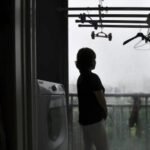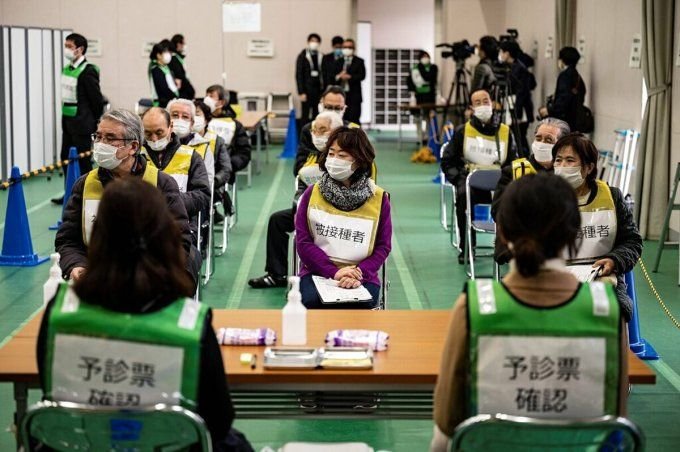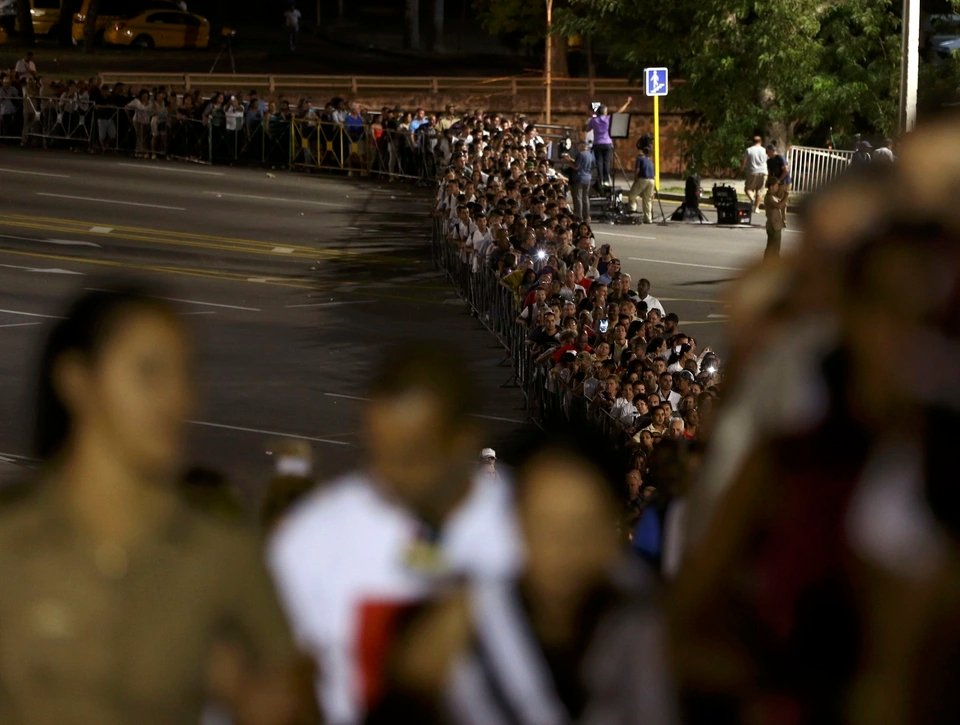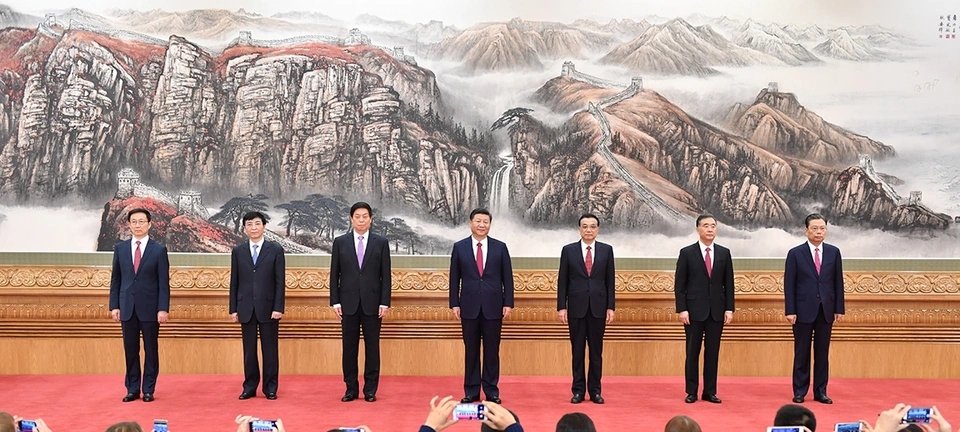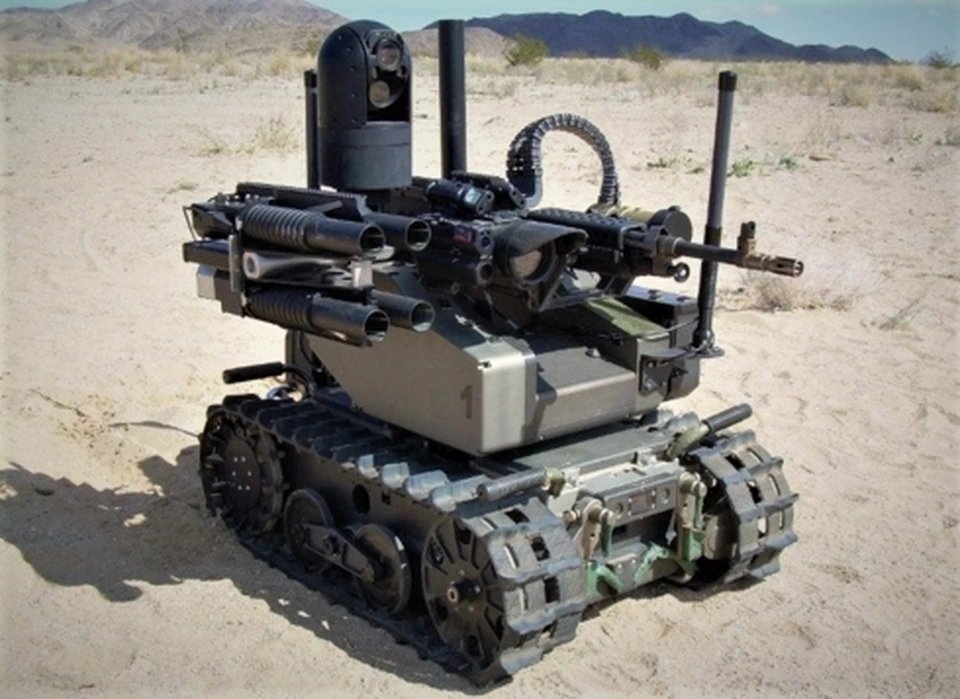When the Tokyo Olympic Games are scheduled to be held in July, Japan has every reason to speed up the process of approving the Covid-19 vaccine and start vaccination.
According to Johns Hopkins University, the US has injected more than 68 million doses of vaccine since December. In Japan, only about 18,000 doses have been used so far.
Like the US, Japan uses the Pfizer-BioNTech vaccine for its vaccination program.
But the officials’ somewhat slow steps have been criticized by many health experts.
Careful approval process
Pfizer-BioNTech conducted phase 3 clinical trials in the final months of 2020 at approximately 150 sites in the US, Germany, Türkiye, South Africa, Brazil and Argentina.
It took 6 weeks later, on February 14, for Japan to `give the green light` to the product.
Vaccination rehearsal in Kawasaki, Japan, January 2021.
Japan has independently conducted a domestic clinical trial of the Pfizer-BioNTech vaccine, involving about 160 participants.
According to Taro Kono, Minister in charge of Covid-19 vaccine deployment, the trial is mainly aimed at building public trust in the vaccination program.
`I think it’s more important to show people that the Japanese government has done everything possible to prove the vaccine is safe and effective, thereby encouraging them to get vaccinated. In the long run, maybe we can
The specter of vaccines and skepticism
According to research published in the medical journal Lancet, less than 30% of Japanese people believe vaccines are safe, effective and necessary.
In the late 1980s, early versions of the Japanese-made measles, mumps and rubella (MMR) vaccine caused aseptic meningitis, or swelling of the membranes around the brain and spinal cord.
After the MMR scandal, the government recognized the risks, amended regulations and let people get vaccinated voluntarily.
More recently, in 2013, the country added the cervical cancer (HPV) vaccine to the national vaccination campaign.

Ultra-cold cabinet to preserve Covid-19 vaccine in Sagamihara, Japan.
The Adverse Reactions Review Committee later investigated the case and concluded that the HPV vaccine did not cause serious side effects in users.
Professor Shoji Tsuchida, a social psychology expert at Kansai University, said that although Japanese people lack confidence in vaccines, the country does not have an anti-vaccination movement (anti-vaxx).
`Most people do not want to get vaccinated because they are afraid of possible side effects, not because they believe in pseudo-scientific arguments. They are mainly influenced by past events, especially the
Attempts to reassure a skeptical community
Public skepticism is a major obstacle as the government launches the Covid-19 vaccination program.
To speed up vaccination, a group of doctors launched a communication campaign, encouraging people to proactively register to receive the vaccine.
To date, more than 55,000 have registered for the support application, 70% of whom are women.




